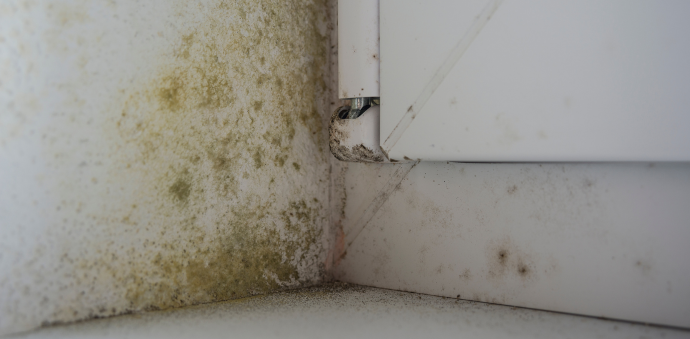Can I Break My Lease in North Carolina Due to Mold? What Tenants Need to Know
Discovering mold in your rental home can be alarming and may seriously impact your health and living conditions. If you’re dealing with persistent or severe mold issues, you might wonder, Can I legally break my lease in North Carolina because of mold?
The answer is often yes but only under certain conditions. This article will help you understand when mold justifies breaking a lease, what steps you need to take, and how to protect your rights under North Carolina law.
Understanding Your Rights: Mold and Habitability in North Carolina
In North Carolina, landlords are legally required to provide rental properties that are habitable and safe. This means addressing conditions like mold that can pose health risks or make the home unlivable.
If mold infestation is due to landlord neglect, such as failure to fix water leaks or conduct proper maintenance and significantly affects your health or safety, the rental may be considered uninhabitable.
When a rental is uninhabitable, tenants may have the right to:
- Request urgent mold remediation and repairs
- Withhold rent until the problem is resolved (where allowed)
- Terminate the lease early due to constructive eviction, meaning the landlord’s failure to maintain a livable home forces you to leave
When Can Mold Justify Breaking Your Lease?
Not all mold problems automatically allow you to break your lease. Some key points to consider:
- Severity and cause: Minor mold caused by everyday activities (like cooking or showering without ventilation) is often the tenant’s responsibility. Extensive mold resulting from leaks, flooding, or plumbing issues typically falls under the landlord’s duty to repair.
- Notice and response: You must notify your landlord in writing as soon as you discover the mold problem and give them reasonable time to address it.
- Uninhabitable conditions: The mold has to substantially affect your health or safety, making the unit unlivable. Examples include widespread mold growth, mold-related illness, or severe water damage.
Steps to Take Before Breaking Your Lease Due to Mold
It's important to follow the right process to protect yourself legally. Here’s what you should do:
- Document the mold problem: Take clear photos or videos showing the mold and affected areas. Keep track of any health symptoms or medical visits related to mold exposure.
- Notify your landlord in writing: Send a detailed letter or email describing the mold, requesting immediate repairs or professional mold remediation. Keep copies of all communications.
- Allow reasonable time for repairs: Give your landlord a fair timeframe to address the problem typically a couple of weeks, depending on severity.
- Report to local authorities if ignored: If your landlord does not respond or fixes the issue inadequately, contact local housing or health code enforcement.
- Consult a tenant rights expert: Speak with a lawyer or housing advocate experienced in North Carolina tenant law for guidance on whether you can break your lease and how to do it legally.
What Happens If You Break Your Lease Without Following the Right Steps?
Breaking your lease without proper documentation or failing to give your landlord a chance to fix the mold might expose you to financial liability, including:
- Paying rent for the remainder of the lease
- Losing your security deposit
- Possible damage to your rental history or credit score
- Legal action from the landlord
Following the correct procedure helps protect you from these risks.
Additional Resources and Legal Updates
North Carolina has seen increased attention to mold-related tenant rights in recent years. Proposed legislative bills aim to strengthen tenant protections by clarifying landlord responsibilities around mold inspections and disclosure.
Stay informed about new laws that might expand your rights in cases of mold and other habitability issues.
Get Professional Help to Navigate Mold Problems and Lease Termination
Dealing with mold can be overwhelming and affect your health and peace of mind. If your landlord is unresponsive or refuses to fix dangerous mold problems, you don’t have to face it alone.
Contact us today for a free consultation. We specialize in North Carolina tenant rights and can help you:
- Assess your situation and document the mold properly
- Communicate effectively with your landlord
- Understand your legal options, including safely breaking your lease
- Protect your rights and seek fair compensation
Conclusion: Mold Can Be a Valid Reason to Break Your Lease but Only If You Follow the Law
Yes, under North Carolina law, tenants can break their lease because of mold if the problem is severe and the landlord fails to fix it timely, rendering the property uninhabitable. However, you must carefully document the issue, notify your landlord in writing, allow for repairs, and seek expert advice before taking action.
Don’t let mold jeopardize your health or housing security. reach out today for trusted help and clear guidance.
Read: North Carolina tenant rights 2025
